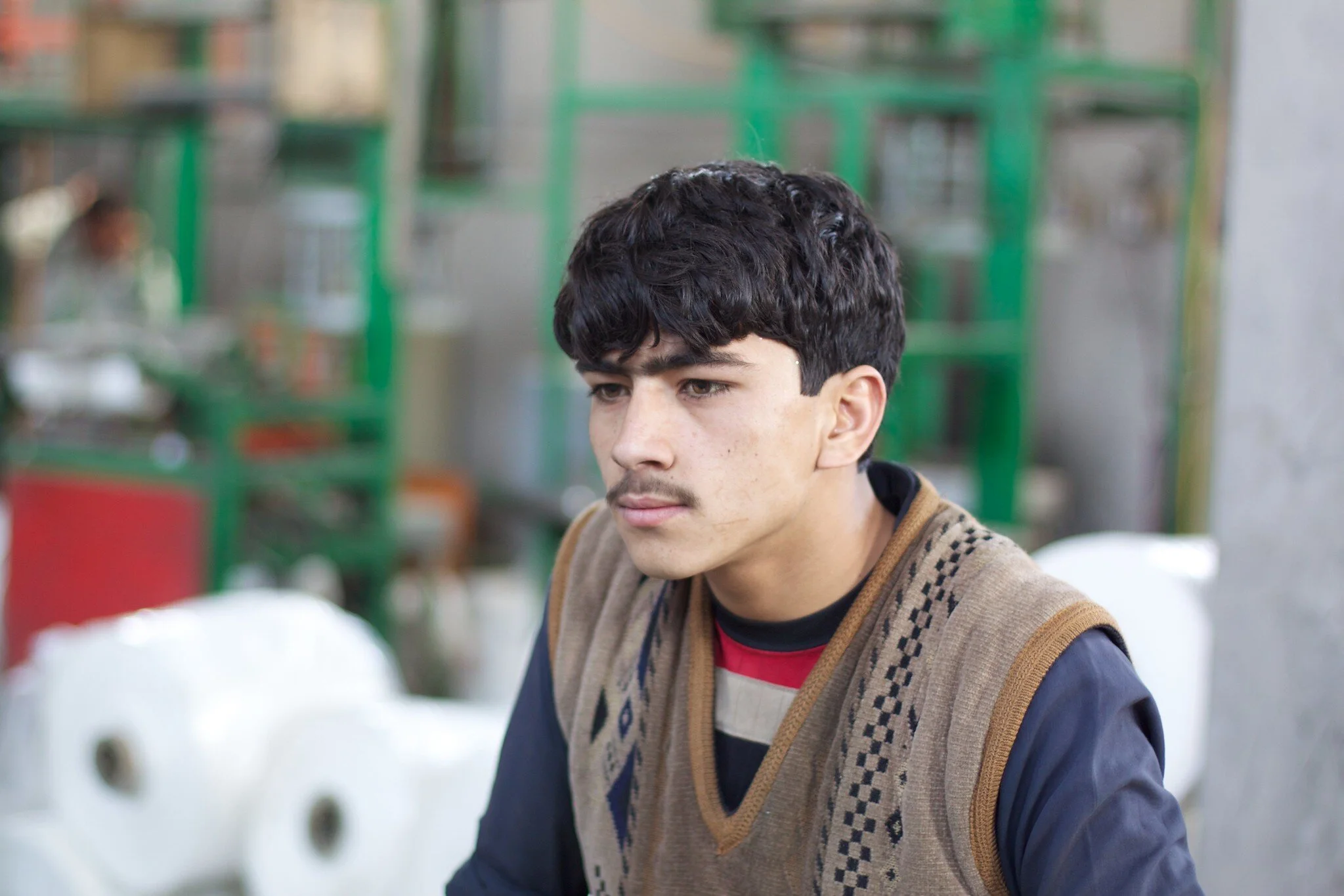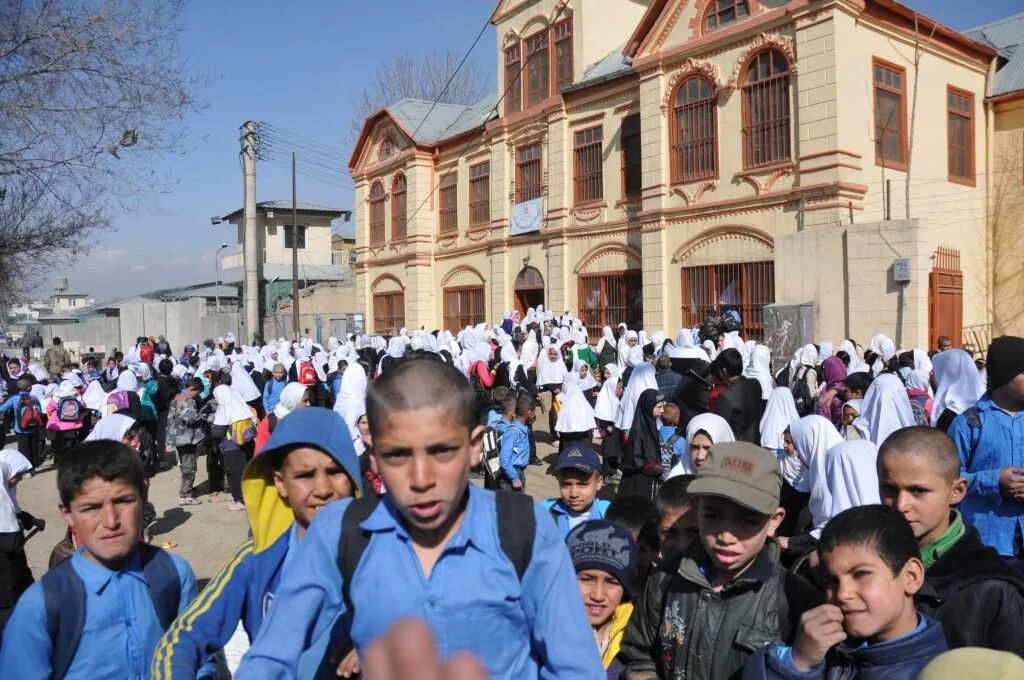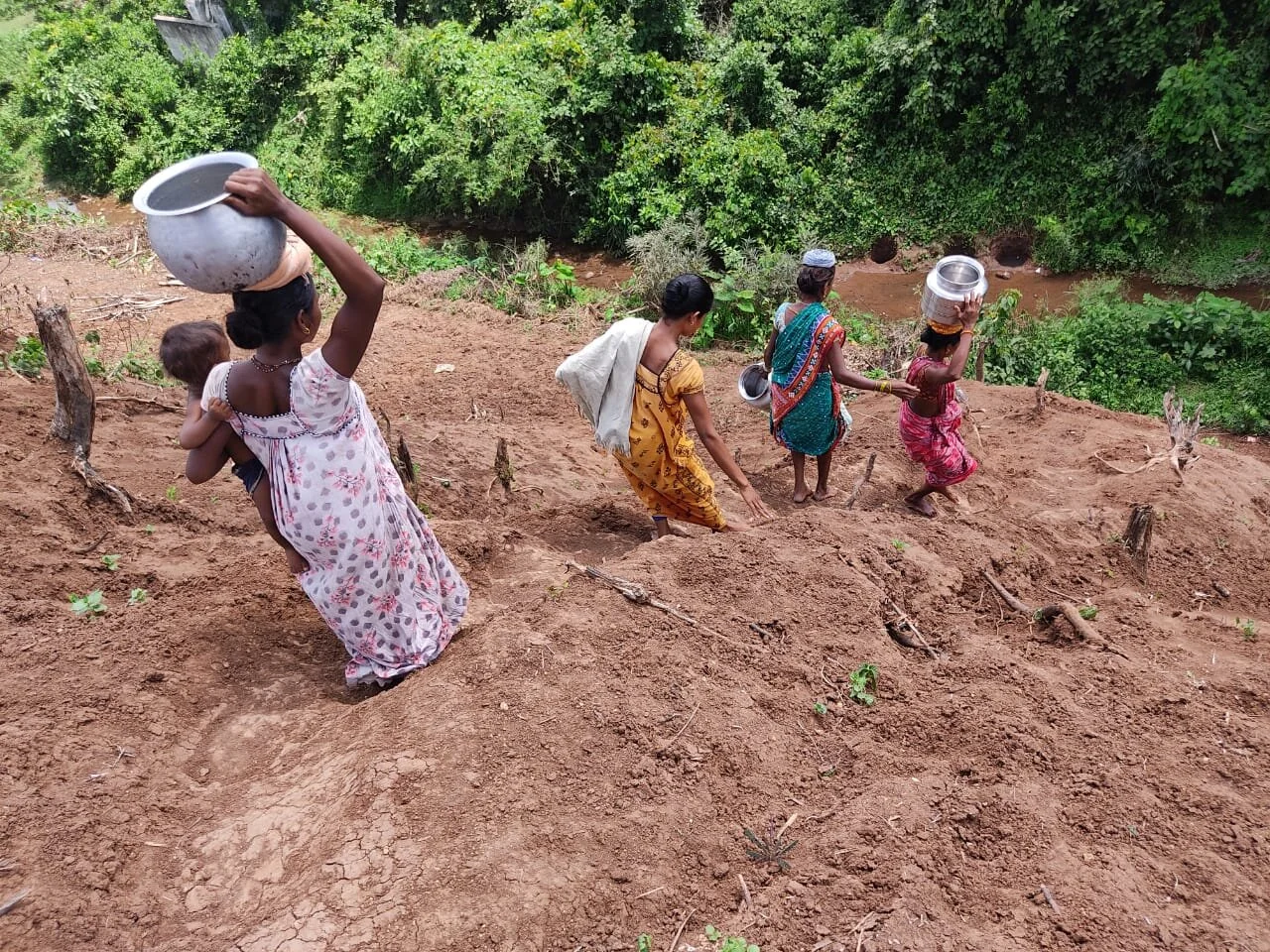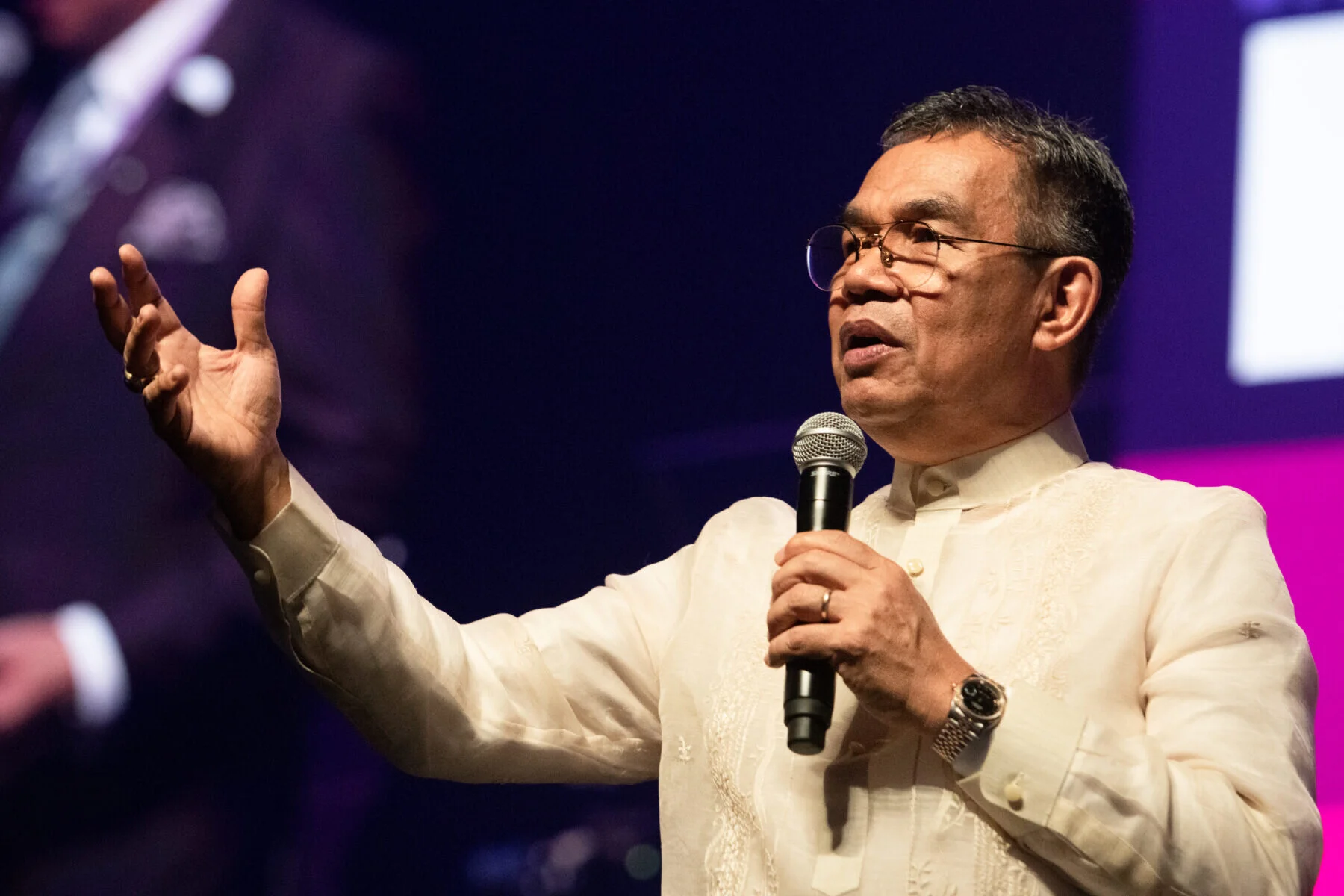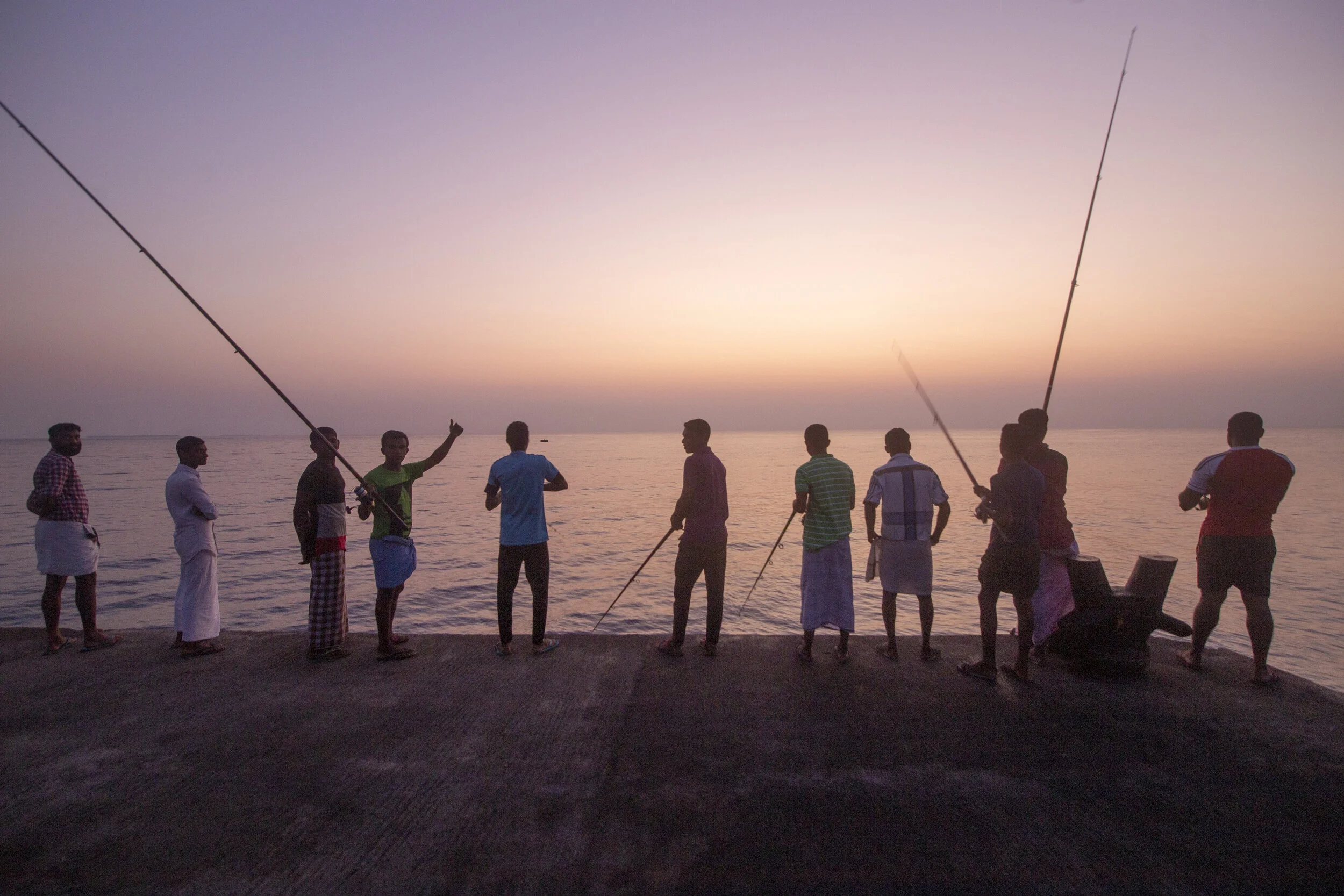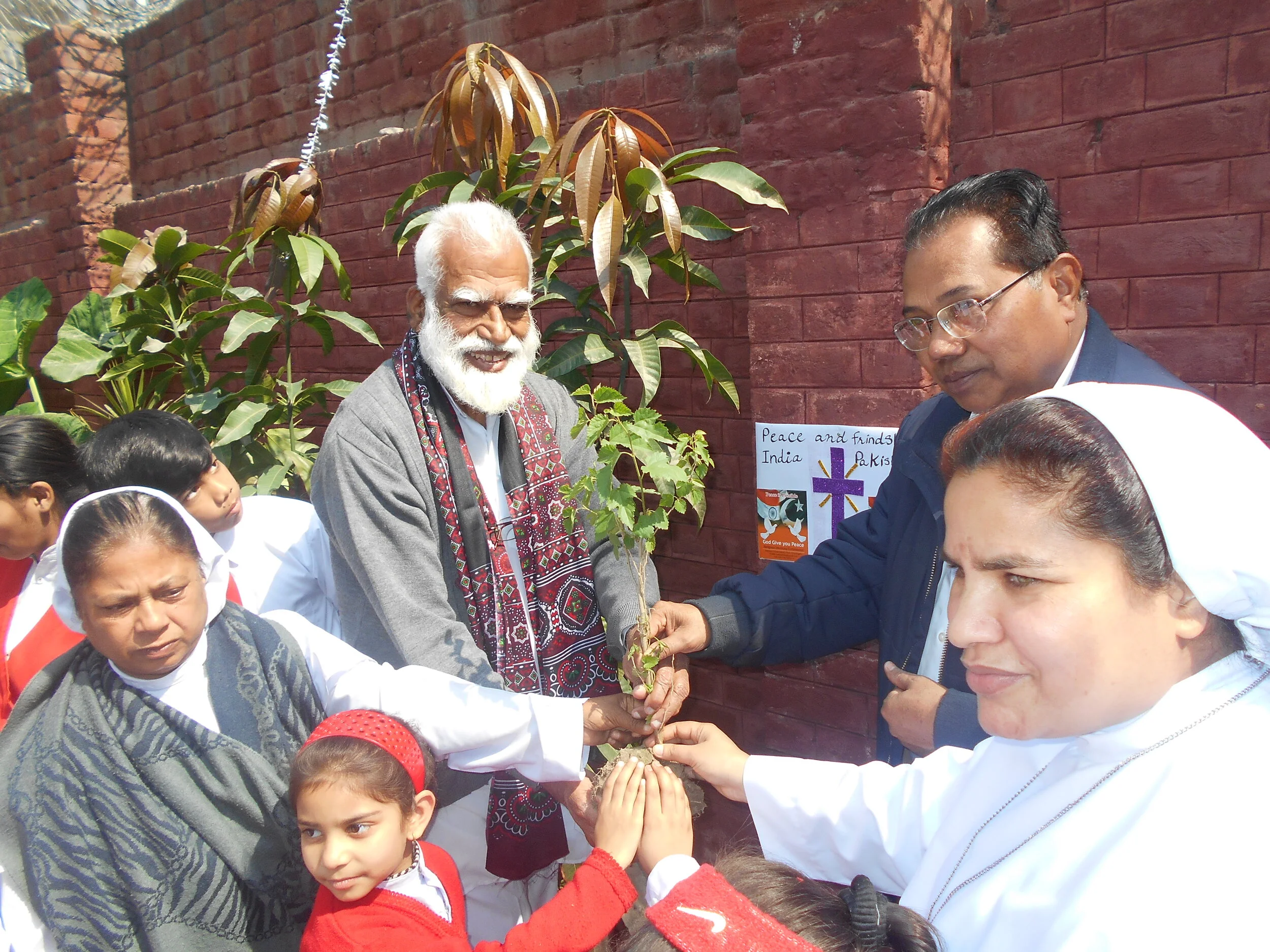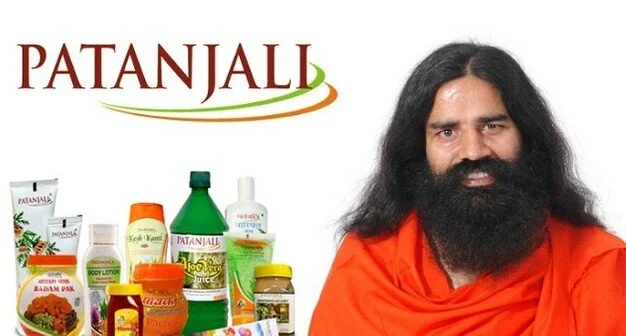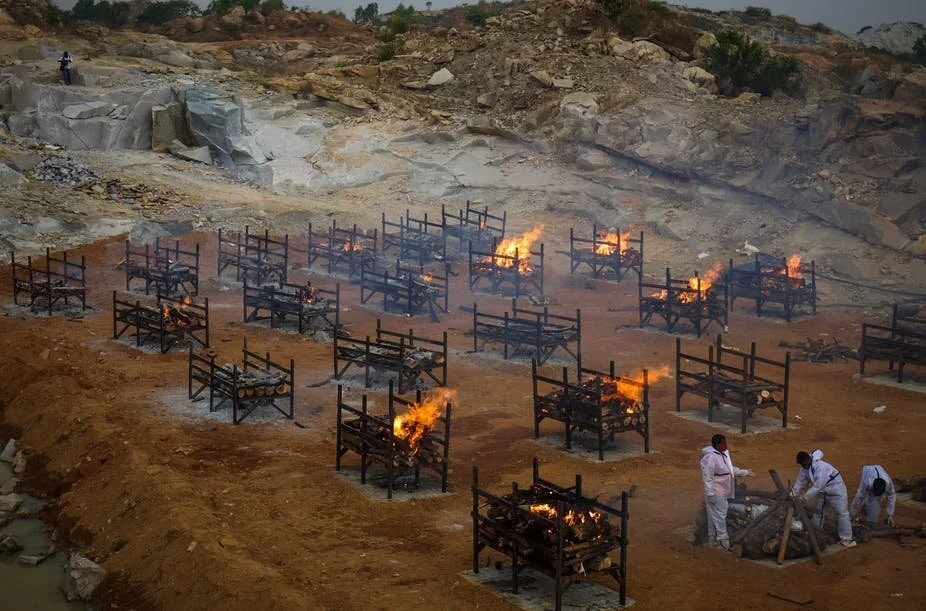(OPINION) Aug. 22 marks the U.N.-designated International Day Commemorating the Victims of Acts of Violence Based on Religion or Belief. While the day was established as a direct response to the atrocities perpetrated by Daesh (ISIS) against religious minorities in Syria and Iraq, similar acts of violence continue to this day globally.
Read MoreThe U.S. Conference of Catholic Bishops announced its cooperation with the U.S. government to organize and process the tens of thousands of Afghan refugees entering the country as the U.S. withdraws troops and the Taliban assumes control over Afghanistan.
Read More(OPINION) As this story unfolds, many of us are experiencing something like déjà vu. In the summer of 2014 we watched as Islamic State/ISIS rampaged across Iraq and committed genocide against Christian and Yazidi communities. Although ISIS and the Taliban have fought each other, they practice the same deadly tactics.
Read MoreAfghans in and outside the capital describe scenes of violence, deteriorating living conditions and shrinking personal freedoms amid the Taliban’s rise to power with the U.S. troop withdrawal set to complete on Aug. 31.
Read MoreJohn and Jan Bradley have spent years building schools and trying to improve life in war-torn Afghanistan. Amid the Taliban’s takeover after U.S. troops withdrew, they are helping other volunteers and colleagues evacuate the country. Anyone who helped the Bradleys is in danger.
Read MoreHindu nationalists recently came up with a new slogan that translates: “An India Liberated of Muslims and Christians.” That slogan reinforces new data finding incidents of hate and violence against the Christian minority in India is persisting and even increased during India’s deadly second wave of COVID-19.
Read MoreIndian authorities bulldozed a makeshift mosque in one of New Delhi’s most populous Rohingya refugee camps last week, less than a month after a fire engulfed more than 50 lean-to homes built on undeveloped, government-owned land along the Yamuna riverbank. “It was not just a place of worship for us,” one resident said.
Read MoreThree years after the lynching of 16-year-old Junaid Khan in India, “The Dinner Table” host Harshita Rathore meets his family for a heart-to-heart conversation over a meal. In the first episode of the docuseries produced by Newsreel, the Khans share what it’s like to experience grief and discrimination as Muslims in India, who have faced increasing incidents of violence and hate crimes by Hindu nationalists since 2014.
Read MoreThe controversy and context surrounding the 2020 Tokyo Olympics pose an opportunity to think about the Games through a lens of faith. From a Muslim track and field athlete to Israel’s first surfer, here is a guide to the Games for the religiously-minded.
Read More(OPINION) The Nahdlatul Ulama (NU), the world’s largest Muslim organization, recently welcomed the new leader of the World Evangelical Alliance (WEA). The two groups aim to further Muslim-Christian relations and counter threats to religious freedom and secular extremism.
Read More(REVIEW) The movie “The Divine Ponytail” packs a lot in just 91 minutes and doesn’t ignore Roberto Baggio’s Buddhist faith and how it helped motivate the former Italian soccer star at the World Cup and beyond.
Read MoreLocal Muslims believe the new proposed regulations threaten the culture of the Muslim-majority islands and are aimed at furthering the Hindu nationalist agenda of India's ruling party.
Read More(ANALYSIS) The economies of countries dependent on tourism are clearly hurting, with visitor numbers plummeting as a result of the pandemic. The Thai government estimates $100 billion in losses to GDP but the actual loss cannot be captured in these numbers alone. Many cross-cultural exchange opportunities have been lost as well.
Read MoreWith peace letters written by schoolchildren to friends unknown to them across the border, Jesuit priest Joseph Kalathil set out to build bridges between India and Pakistan—neighbors scarred by decades of conflict and hostility. The challenge seemed not only risky but insurmountable. Yet, Kalathil remained determined.
Read MoreThose who can afford cremation scatter their loved one’s ashes into the water, while the poor often wrap bodies in muslin and release them floating on planks. But during the months-long surge of deaths, cremation expenses soared along with unemployment, and many more of India’s poor are burying bodies in the sand despite the Hindu custom to cremate.
Read MoreThe popular Indian yoga guru and Hindu nationalist Baba Ramdev spread misinformation about vaccines and modern medicine. After India’s national medical association condemned him, Ramdev’s billion-dollar brand Patanjali claimed the doctors are behind a Christian plot to malign yoga and Hindus.
Read MoreAhead of the world day of prayer for the Catholic Church in China on May 24, Pope Francis asked that the faithful pray the Holy Spirit would help Chinese Catholics “to be bearers of the happy message, witnesses of goodness and charity, and builders of justice and peace in their country.”
Read MoreThe pandemic has exacerbated the discrimination and social isolation Dalits face. And while many Dalits are on the forefront of essential sanitation work, they are also struggling to survive. Even without contracting COVID-19, many Dalits say with irregular wages and employment uncertainty, they’re concerned about feeding their families.
Read More(ANALYSIS) The deadly second wave of COVID-19 currently sweeping India is causing a cultural change in the way the country handles the treatment of the dead.
Read MoreIn the midst of a deadly second coronavirus wave and medical care shortage, Moin Mastan and his team of 25 volunteers have been working round the clock to perform the last rites, cremations and burials of 40 to 50 Indians every day who have died with COVID-19 infections in the central Indian state of Maharashtra—all while fasting daily for Ramadan, a holy month in Islam for tightened devotion in spiritual reflection, worship and prayer.
Read More



